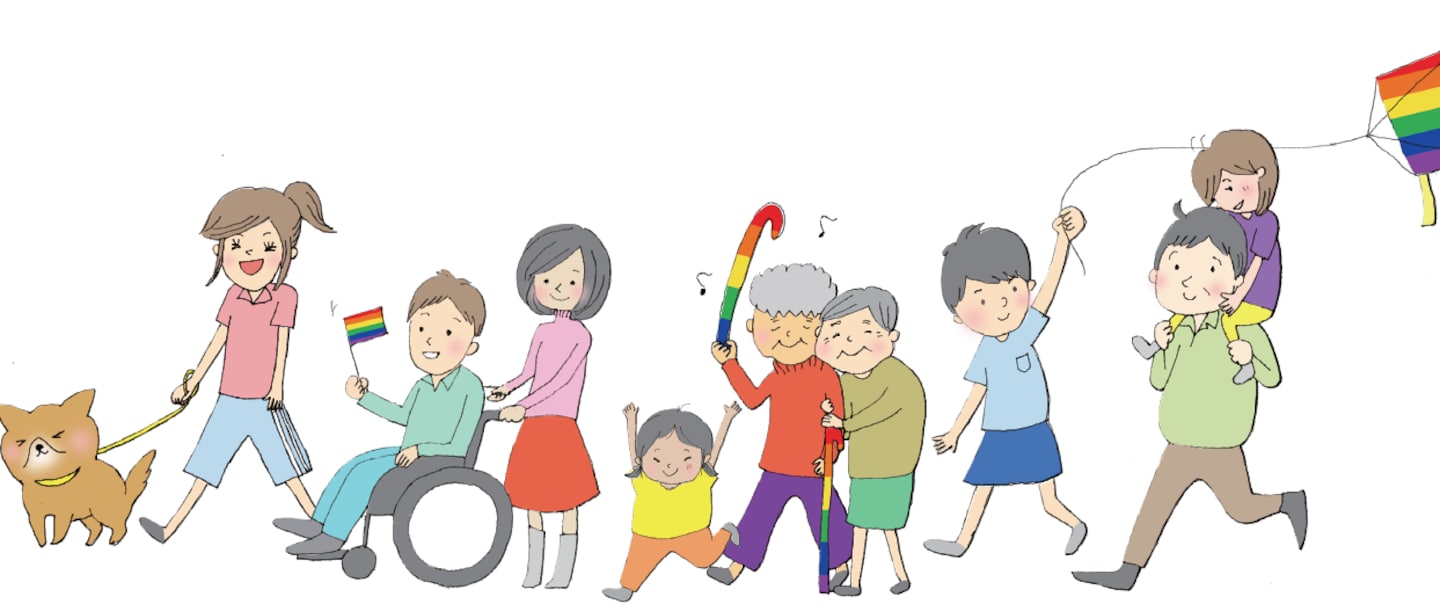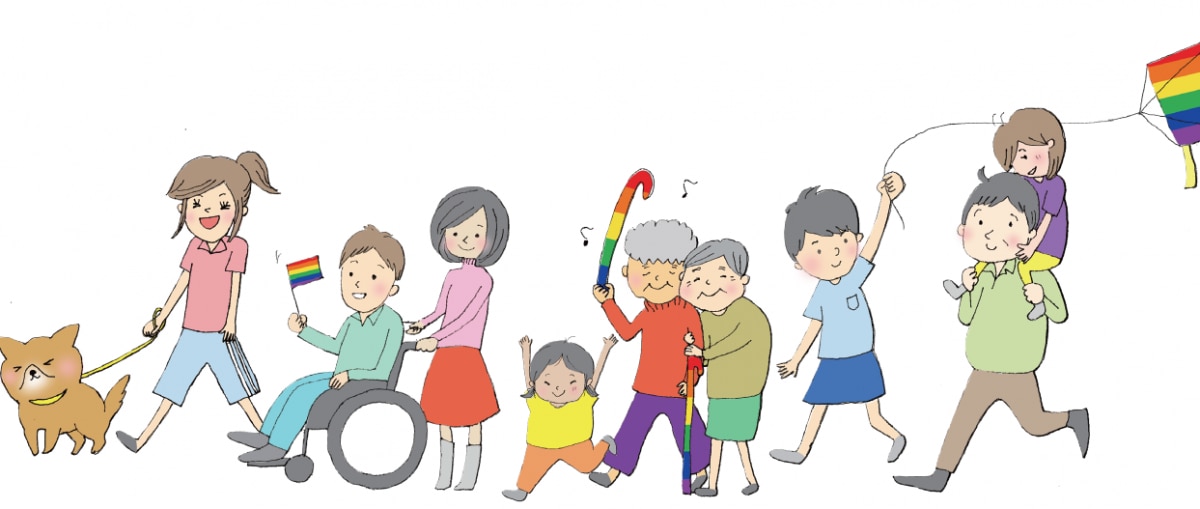Venture out to the LGBT-Friendly City of Osaka
Japan is a paradox: very open to new technology but very traditional with strict regulations and conservative beliefs. This includes the model of a "perfect family." It's a very difficult situation for couples along the LGBT+ spectrum. But, if you are in Osaka, you might see things changing pretty soon.
By ペンOsaka
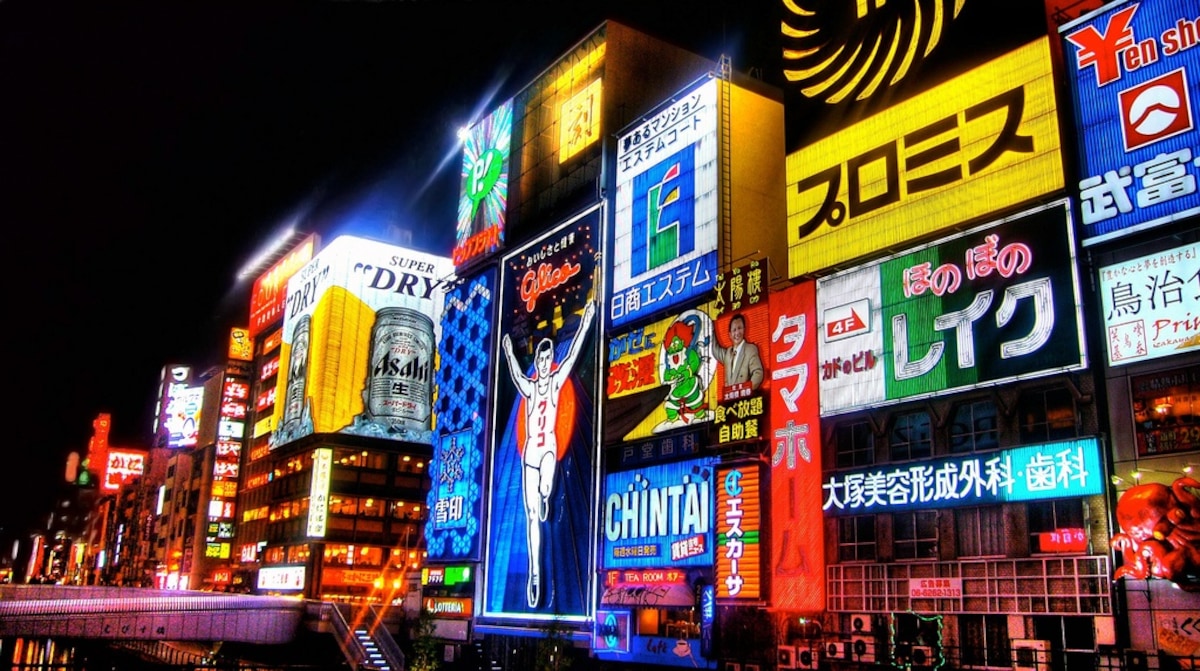
https://upload.wikimedia.org/wikipedia/commons/0/03/Dotonbori_19.jpg
Osaka is both a major city and prefecture of Japan with a high concentration of foreign tourists. A small area of only 223 square kilometers (86 sq mi), it's packed with more than two million inhabitants! From a foreigner's perspective, this is truly a city where people come to travel and have a good time. With a variety of foods and interesting places, from theme parks to historical areas, it's known as a province that is open to people from all over the world.
Accepting of Preferences
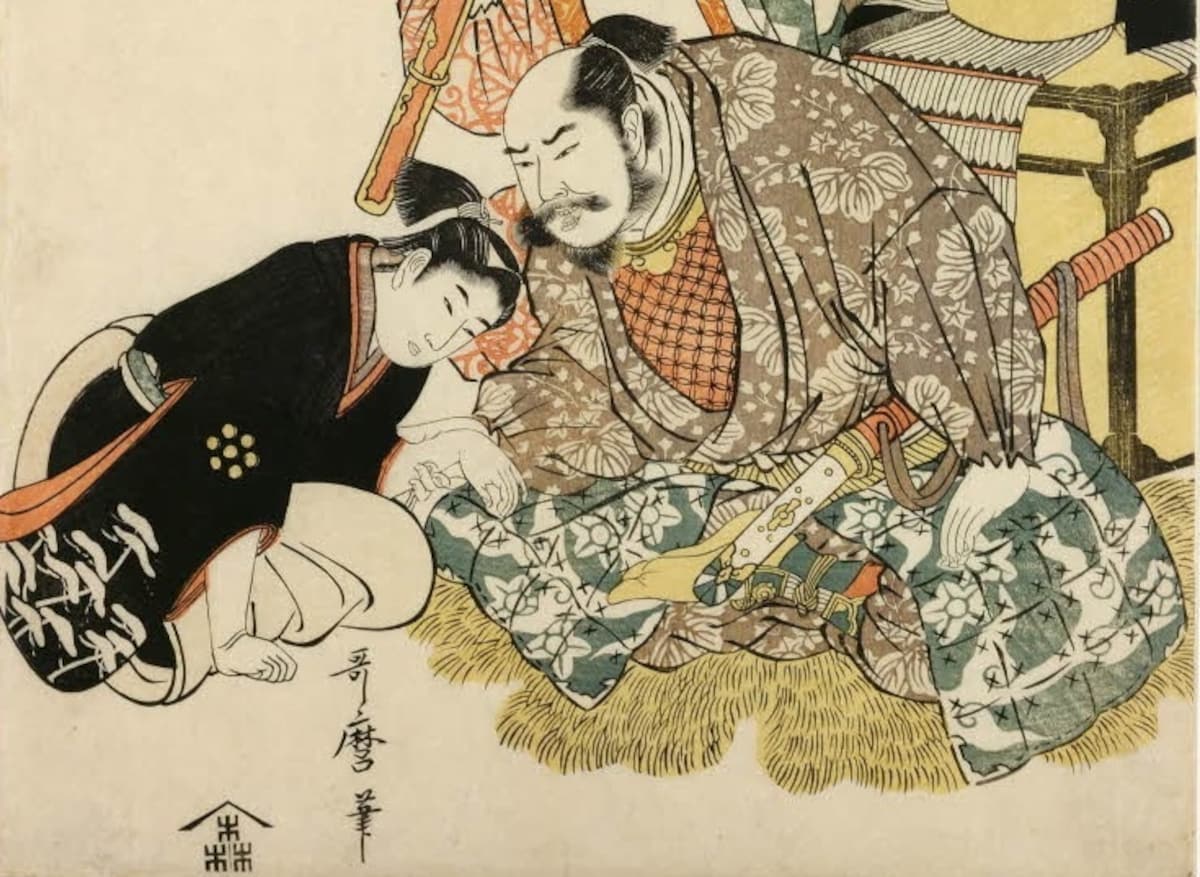
https://upload.wikimedia.org/wikipedia/commons/9/98/Hideyoshi_and_Mitsunari.jpg
People in Osaka have been accepting alternative lifestyles throughout history, as seen in this image of Toyotomi Hideyoshi and Ishida Mitsunari. The image, more than two hundred years old, is intended to convey a homosexual relationship between the two men. In addition, modern media such as manga, anime and dramas occasionally showcase stories of same-sex love.
But while Japanese law provides for lifestyle freedoms, this is a moderately new position. Some conservative groups still find it inconceivable to have such a diverse culture as people are shifting their opinions and views. And one of the most pleasant things to happen for the LGBT+ community took place in Osaka. Osaka became the first province in Japan to allow same-sex couples to become the legal guardian of children. There is no longer the belief that only heterosexual parents can care for children. Be it father and father or mother and mother, the only qualification is that the parents will devote themselves to take care of the child and raise them to become a good person in society.
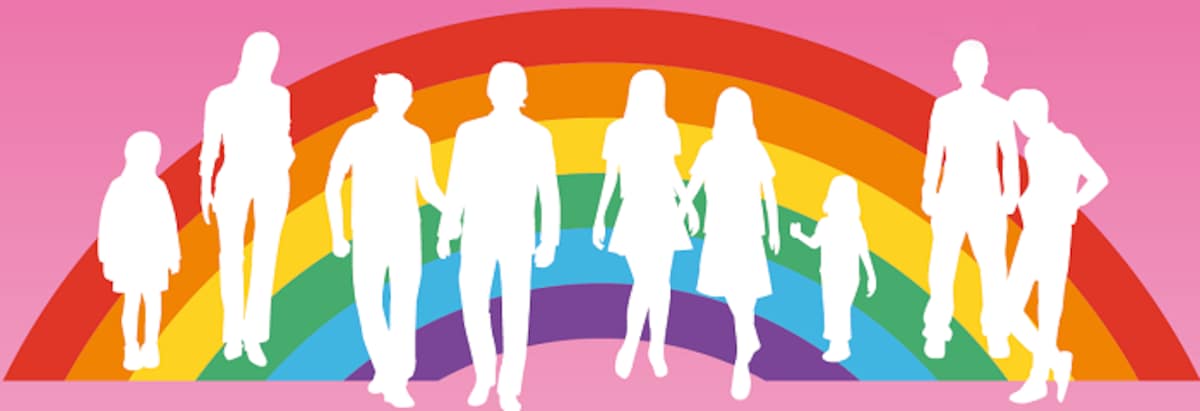
http://www.city.osaka.lg.jp/yodogawa/page/0000232949.html
On March 1, 2015, the Japanese law on child custody changed. Same-sex couples can legally adopt their children if they can prove they can provide for the child. Megumi Fuji, the leader of Rainbow Foster Care, has launched a full-fledged pledge to give people of alternative lifestyles equal opportunities. For this reason, the government has set up an initiative to find the right environment and space for the project. And they chose Osaka, where the population is mixed with all cultures and opinions.

The first couple to get the privilege was a 30-year-old and a 40-year-old male couple who did not want to reveal their personal information. But both of them were interviewed by the media saying they were very pleased to have the right to care for and love their child as parents.
For members of the LGBT+ community, it's more than that. Because it's not just one couple getting a great chance in life, but an opportunity for all LGBT+ couples to have the same chance to live an "ordinary" life.
The perfect family is one that nurtures and nourishes a child's life with love until the day that the children can go on to create their own perfect family. Therefore, gender should not be solely used as a rule for building a family.
Osaka seems to understand this.


